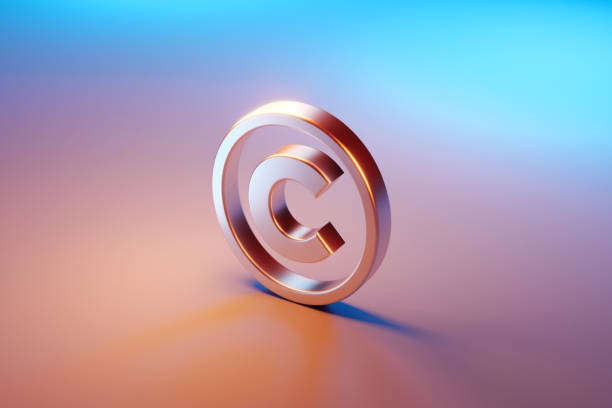


The landscape for Internet providers might be shifting following a significant court ruling implicating Cox Communications in the illicit downloads of its subscribers. Cox faces a hefty $25 million penalty after a federal judge held them accountable for their users’ copyright violations, a case brought forth by BMG, a music rights company.
BMG utilized Rightscorp to monitor file-sharing online, notifying Internet providers of potential copyright breaches. Cox was expected to relay these notices to its users. However, BMG accused Cox of delaying and employing technical maneuvers to prevent these notifications from reaching affected customers. The court sided with BMG, asserting Cox’s knowledge of and contribution to the illegal downloads.
This ruling could unsettle other Internet providers, sparking concerns about broader liabilities beyond copyright infringement. Legal experts suggest potential repercussions on various fronts, possibly impacting service quality and prompting heightened monitoring of users.
Major providers like Comcast, AT&T, and Verizon have yet to comment on this development, while Cox plans to appeal the decision.
Rightscorp, welcoming the decision, has long cautioned ISPs about the risks of not implementing strict policies against repeated copyright infringement. Traditionally, providers have offered multiple warnings before cutting off access, aiming for compliance with legal “safe harbor” provisions. Cox’s failure to act decisively cost them these protections this time, as per Judge Liam O’Grady.
However, some legal analysts challenge this judgment, arguing against Cox’s direct liability. There are objections to Rightscorp’s notification approach, which included settlement offers within copyright infringement notices. Cox viewed this tactic as premature and blocked 1.8 million such notices from reaching them, leading to BMG’s lawsuit and the current verdict.
Charles Duan of Public Knowledge termed it potentially “extortionate,” raising concerns about ISPs becoming targets of similar campaigns.
This ruling’s fallout could prompt ISPs to reassess their policies and handling of copyright infringement notices to safeguard against legal ramifications.
Source: The Washington Post